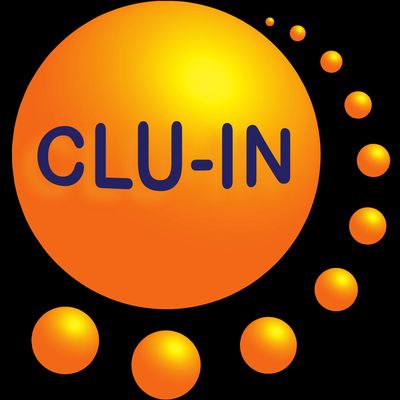Since 1998, The Contaminated Site Clean-Up Information (CLU-IN) website has presented Internet Seminars covering a wide variety of technical topics related to hazardous waste characterization, monitoring, and remediation. For select seminar topics offered since 2012, we are making complete video recordings available through our archives. This feed contains all video seminars archived in the last 12 months. For a complete list of seminars archived since 2000, please visit http://www.clu-in.org/live/archive/. Our Rehabilitation Act Notice for reasonable accommodation is available at http://www.clu-in.org/training/accommodation.cfm. CLU-IN was developed by the U.S. Environmental Protection Agency (EPA) but is intended as a forum for all waste remediation stakeholders. For more information and to view upcoming live offerings, please visit http://www.clu-in.org/live/. For a complete list of RSS feeds available on CLU-IN, please visit http://www.clu-in.org/rss/about/.
http://www.clu-in.org/live/archive
Sustained <em>In Situ</em> Detoxification of Priority Chloroorganic Pollutants (Mar 13, 2017)
Contaminated site cleanup and environmental stewardship are costly tasks and continued research and innovation can lower the financial burden to site owners and to the taxpayer. A variety of technologies addressing groundwater contamination emerged and have been implemented. Bioremediation takes advantage of naturally occurring microorganisms that detoxify contaminants and in situ implementation of this approach promises to meet cleanup goals at reasonable costs. While biostimulation and bioaugmentation have been successfully applied at numerous sites, the current approaches should be considered brute-force, and more refined treatment (i.e., precision bioremediation) will result in a similar reduction of contaminant concentrations at substantially lower capital investment and lesser environmental impacts. Progress in understanding of the microbiology contributing to chlorinated solvent detoxification under anoxic conditions serves as an example how investments in fundamental research and translational efforts can advance bioremediation from an empirical practice to an approach with predictable outcomes. To view this archive online or download the slides associated with this seminar, please visit http://www.clu-in.org/conf/tio/ISB_031317/
